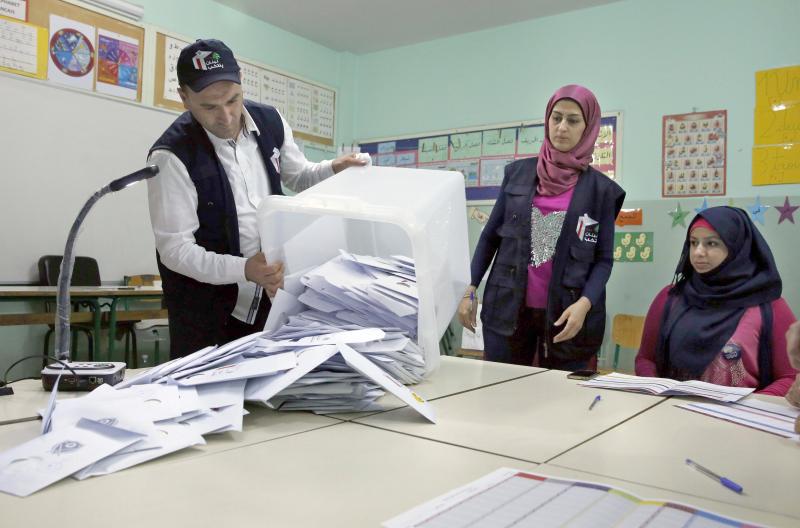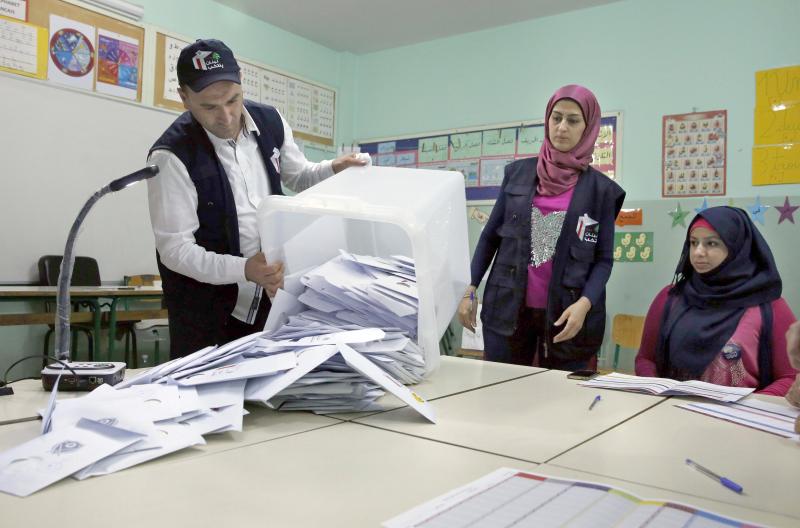Lebanon: New government, same choices
Lebanon’s parliamentary elections returned Hezbollah to the spotlight but, while its electoral power may have increased, the group’s role in Syria places all of Lebanon at risk.
The resulting tensions, however, are not the most pressing issue for Lebanon’s incoming government, which faces unprecedented economic challenges, including a bulging debt that could put the country in a downward financial spiral.
The means of Lebanon’s survival may not lie so much with foreign aid as with improving the country’s business environment, checking corruption and overhauling the groaning infrastructure.
Lebanon is facing the most negative economic prospects since the end of its disastrous 15-year civil war in 1990. A slow economy and fundamental doubts over its willingness and ability to reform plus endemic corruption spell disaster for the small Mediterranean state.
Underlying Lebanon’s difficulties are soaring public debt of $80 billion, a 150% debt-to-GDP ratio as well as a fiscal deficit of more than 10% of GDP with annual growth levels between 1-2% since 2011.
Lebanon’s economic prospects could deteriorate further as regional instability and worsening relations between Beirut and other regional powers undermine investor confidence.
“The first priority of the post-elections cabinet has to be to stimulate growth,” said Nassib Ghobril, chief economist at the Byblos Bank. “If we stimulate growth and expand the size of the economy, it will help slow and reverse the growth of the debt ratio and the fiscal debt.”
Marwan Mikhael, chief economist at BLOM Bank, said the new government’s priorities should lie in tackling the country’s fiscal deficit, as well as in reforming the infrastructure, with the overhaul of the electricity sector potentially reducing the country’s debt by 2% in the first year.
Another means of reducing Lebanon’s fiscal deficit would be to examine the tax system. While increasing taxation levels has been attempted before, with little to show for it, cracking down on tax evasion and improving the collection of utility fees may be a possibility.
“Indeed, only about 30-35% of companies and individuals in Lebanon pay their taxes in full, while a large percentage of the population (is) not paying fees on electricity or on renewing their car registration,” said Ghobril, who also pointed to improvements that could be made in collecting customs revenues.
These measures could conservatively generate an additional $1 billion in tax receipts per year.
Compounding the country’s difficulties is the unchecked growth of the public sector, with the corresponding surge in salaries, wages, benefits and pension payments.
“The public sector’s salaries, wages, benefits and pension payments jumped 45% between 2010 and 2016, with retirement salaries rising 66%,” said Ghobril. The sector is the largest expenditure in the government’s budget. Reductions in the public sector, he said, “should be the government’s priority on the expenditures side.”
Another area of reform to look at would be in improving the business environment, not least by tackling Lebanon’s staggering corruption. Lebanon was ranked 133rd out of 190 economies for ease of doing business in the World Bank’s annual ratings, a drop from 126th in 2016.
“The Lebanese need to reform the commerce code to attract foreign business and, more important, reduce corruption,” Mikhael said. Transparency International’s “Corruption Perceptions Index 2017” listed Lebanon as the 37th most corrupt country out of 180 ranked.
Mikhael said the key priority of the government should be maintaining political stability and development. Yet, regional polarisation plus Hezbollah’s growing role in Iranian and Saudi rivalries cannot be said to bode well for Lebanon’s incoming government, not least with the militant group heavily bolstered by favourable election results.
This article was originally published in The Arab Weekly.







